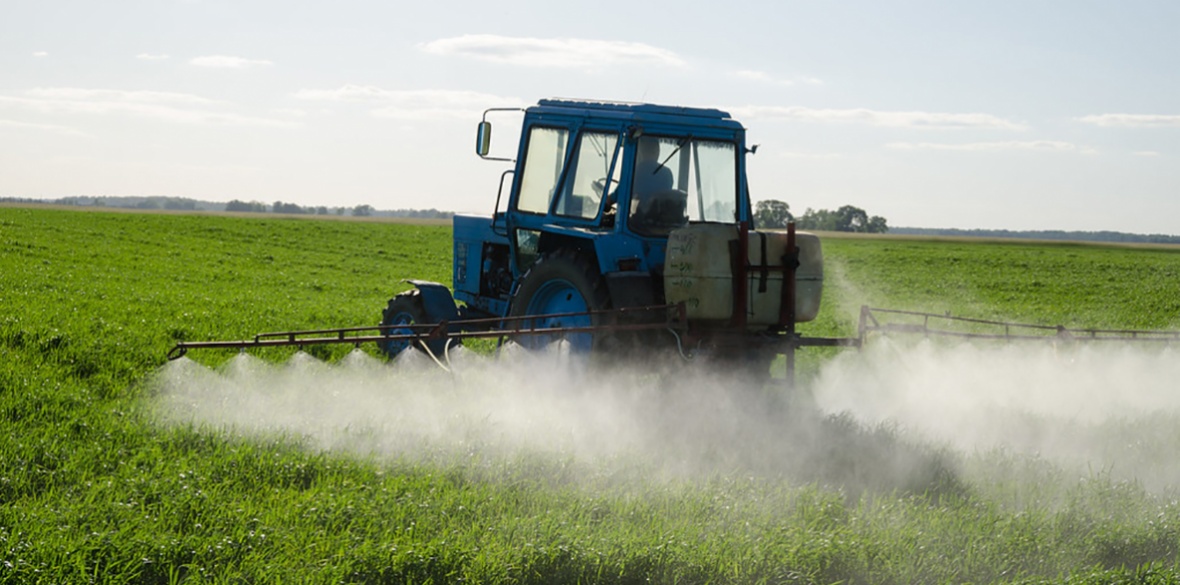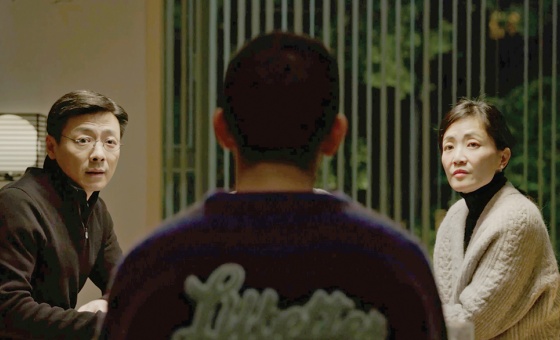This is the last article you can read this month
You can read 5 more article this month
You can read 5 more articles this month
Sorry your limit is up for this month
Please help support the Morning Star by subscribing here
THOUSANDS of tonnes of banned toxic pesticides are being exported from Britain to poorer countries, an investigation found today.
Unearthed, a Greenpeace UK investigative journalism publication, and Swiss-based NGO Public Eye analysed Health and Safety Executive (HSE) figures from 2020 and found that 12,240 tonnes of chemicals whose use is banned in this country were exported.
The pesticides included weedkillers containing paraquat, which the group said has caused tens of thousands of deaths from poisoning around the world.
Other banned pesticides include insecticides containing imidacloprid, which is banned in Britain because it could damage bee populations, and the fungicide propiconazole, whose use was prohibited after it was found to pose a risk to babies in the womb.
The investigation discovered that British-based companies exported the pesticides to 20 mostly low or middle-income countries such as Brazil, Colombia and India, but the biggest consignments went to the United States.
Following an earlier investigation in 2018, the European Commission pledged to ban the export of hazardous chemicals whose use is illegal in Europe.
But following Brexit, this country is no longer bound by EU chemical export regulations.
The Tory government promised that EU environmental standards would be maintained after Britain’s withdrawal from the bloc, but it has not banned the exports.
Doug Parr, chief scientist at environmental campaign group Greenpeace UK, said: “By allowing UK-based companies to export harmful chemicals banned for use on our farms, the UK government is behaving like a drug baron with the motto: ‘Don’t get high on your own supply.’
“These double standards are deeply cynical and morally indefensible.”
Greenpeace called for the exports to be banned immediately.
The Department for Environment, Food and Rural Affairs has been approached for comment.
 Peter Lazenby
Peter Lazenby









